While other parts of the Mediterranean struggle with the more serious consequences of the climate change, such as devastating fires and drought, the island of Mallorca is hit with unusual temperatures above 40 C. We praise ourselves lucky as we can jump in the water any time from the boat to cool off.
Old good Santa Ponça is again our refuge, this time until the heat is over and the winds come back.
A welcome respite of the heat is provided by the rental car’s air conditioning that we take together with Chris for a trip inland. However, one has to get out of the car eventually and then we are exposed to the extreme heat of the land. We still enjoy some sightseeing in the beautifully preserved old country house of Els Calderers, where we learn about farm life in the 19th and early 20th centuries.
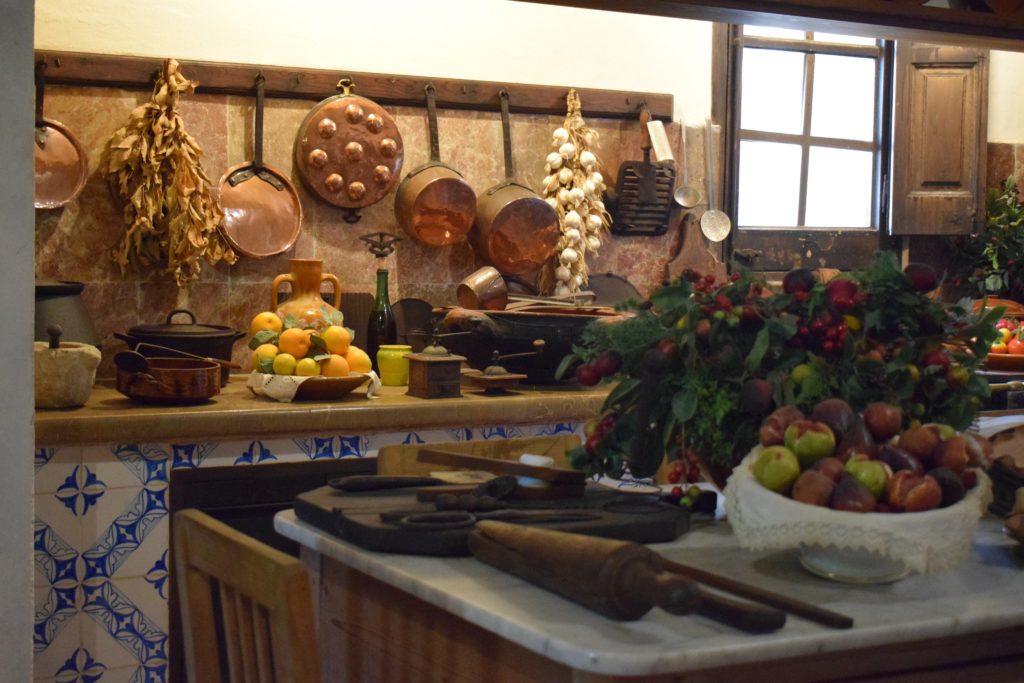
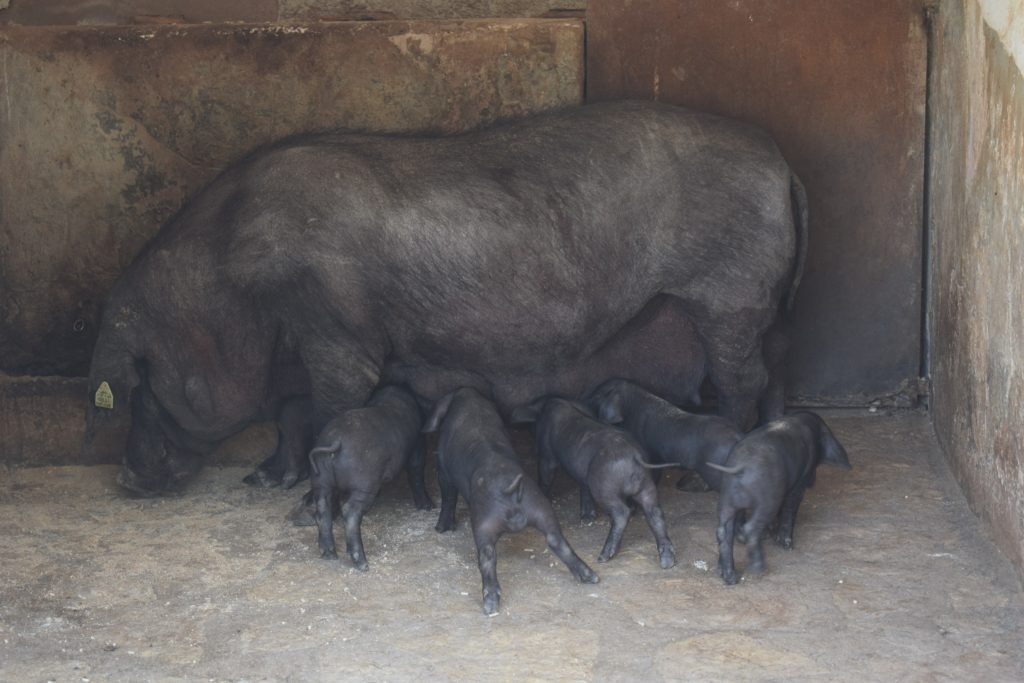
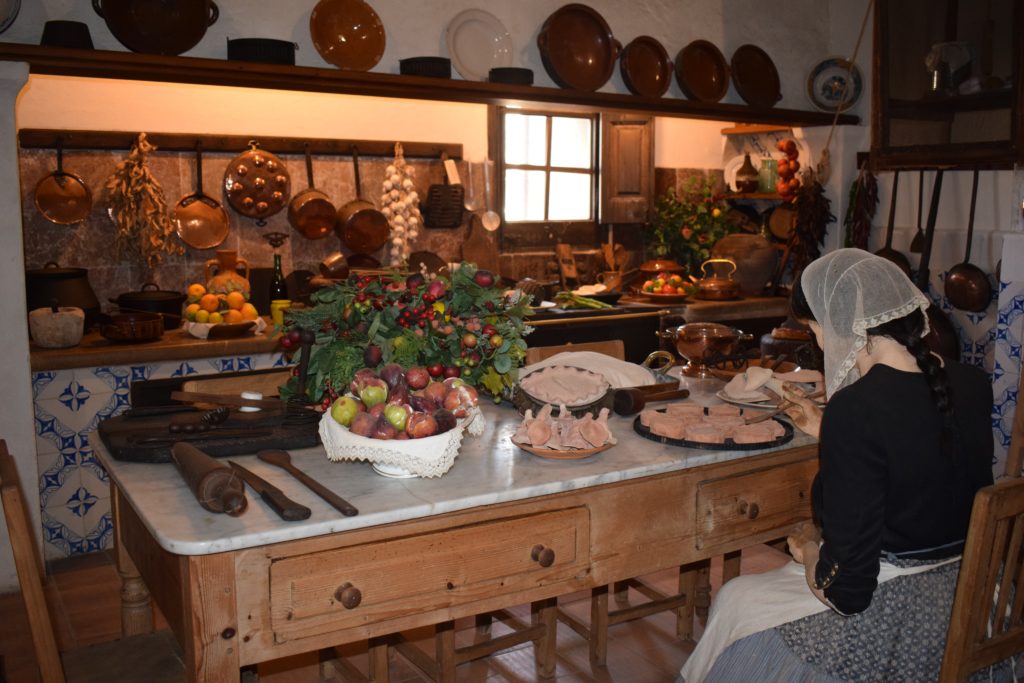
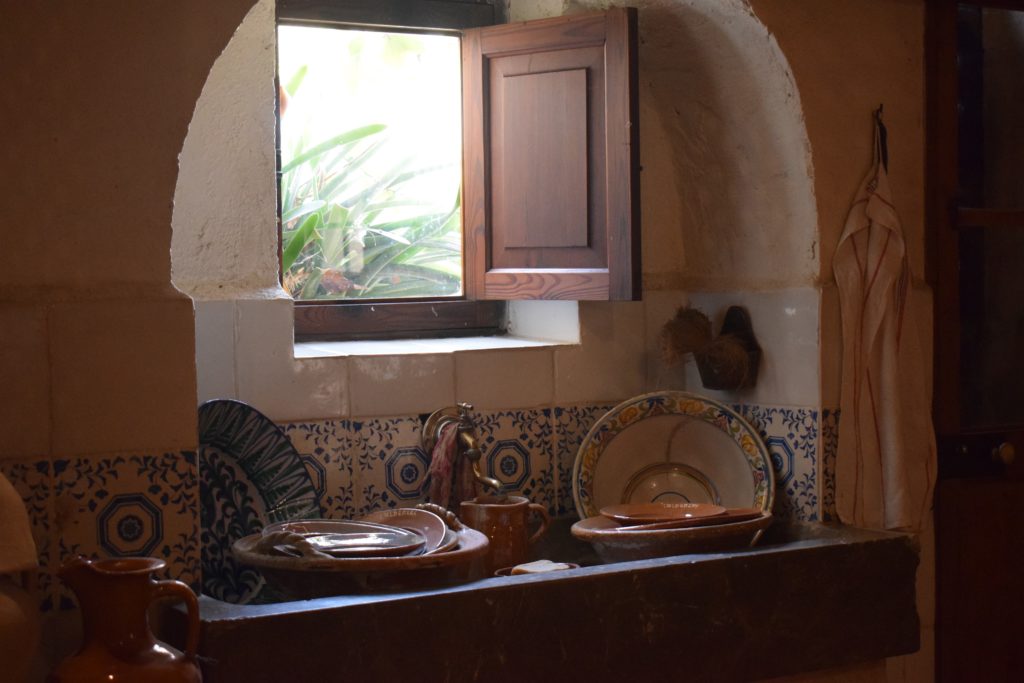
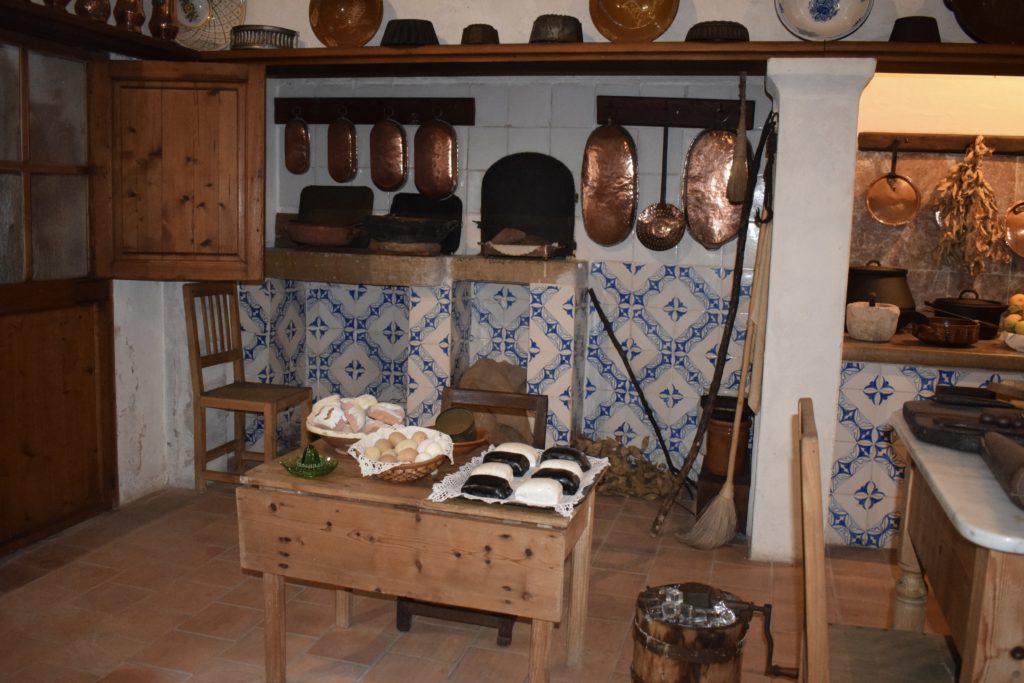
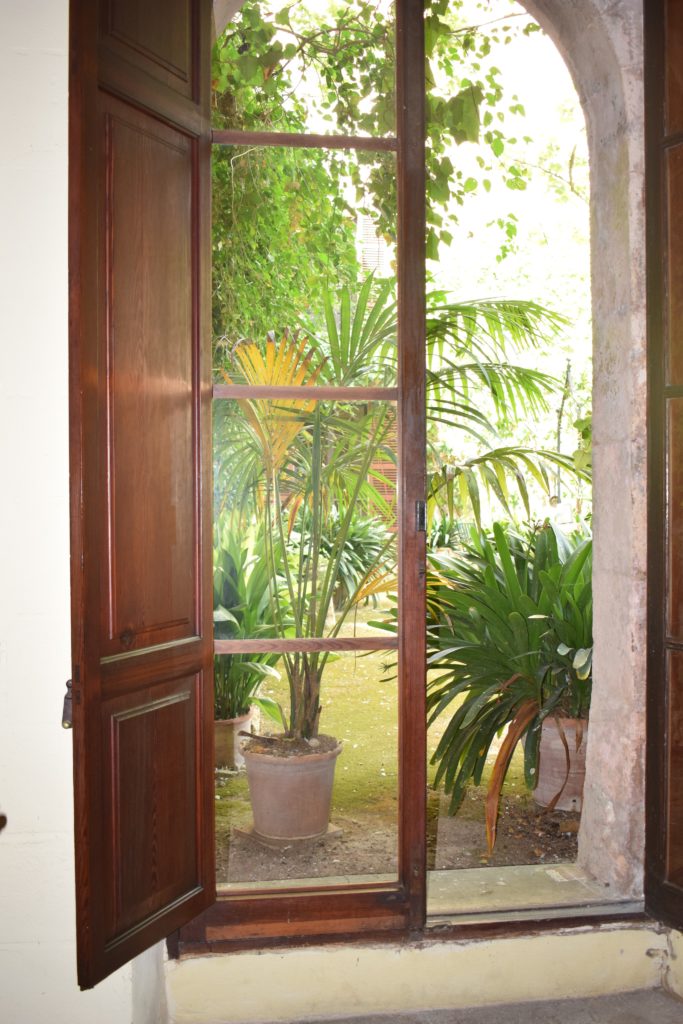
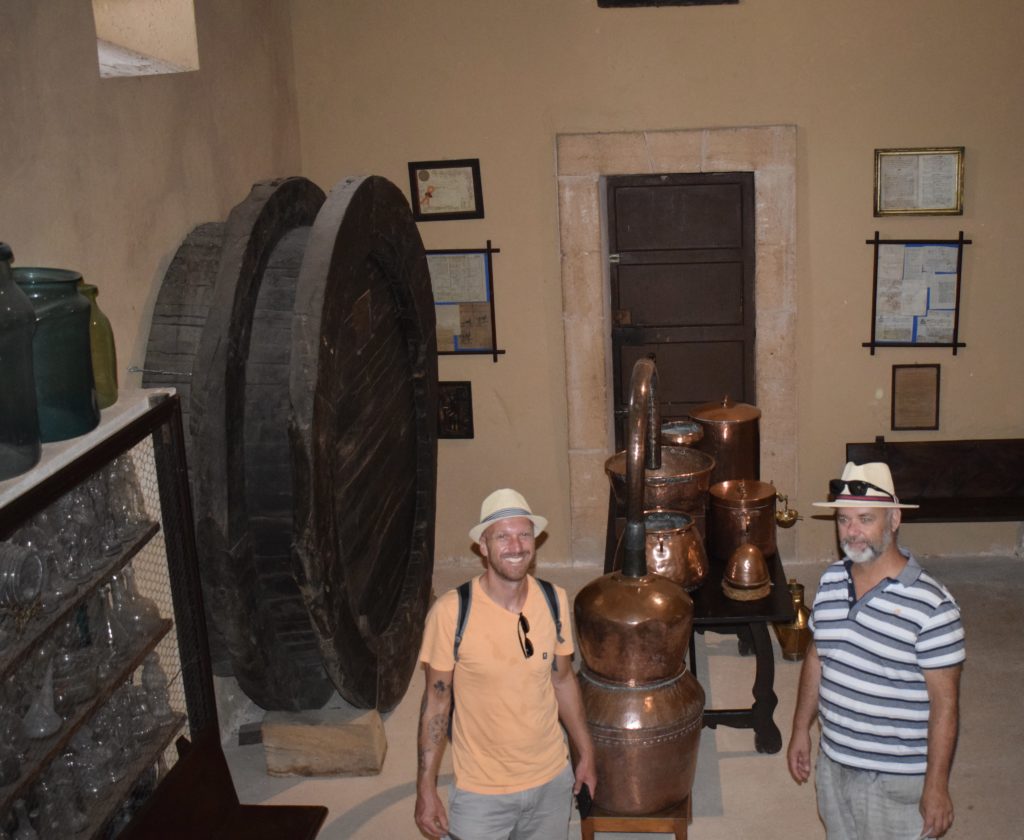
The monastery of Lluch, up in the mountains, is surprisingly hotter than the seaside; that’s maybe the reason that there is a swimming pool for the well deserved enjoyment of the pelgrims. At the monastery we also learned about the traditional Song of the Sybilla, an old song based on the Bible’s Apocalypse text performed on Christmas Eve by a young girl carrying a sword.
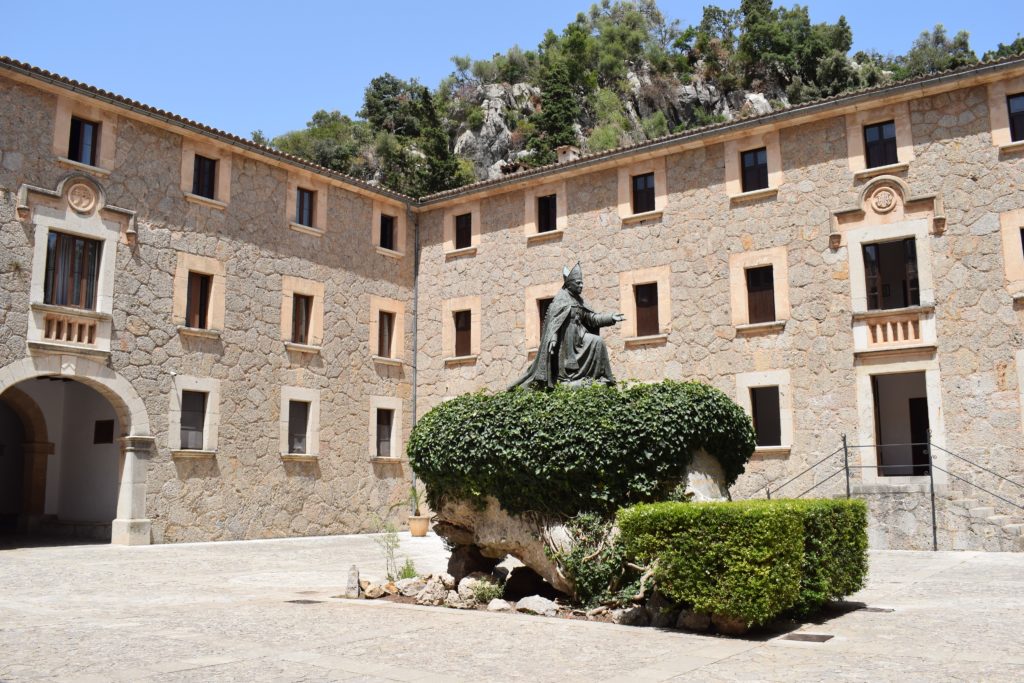
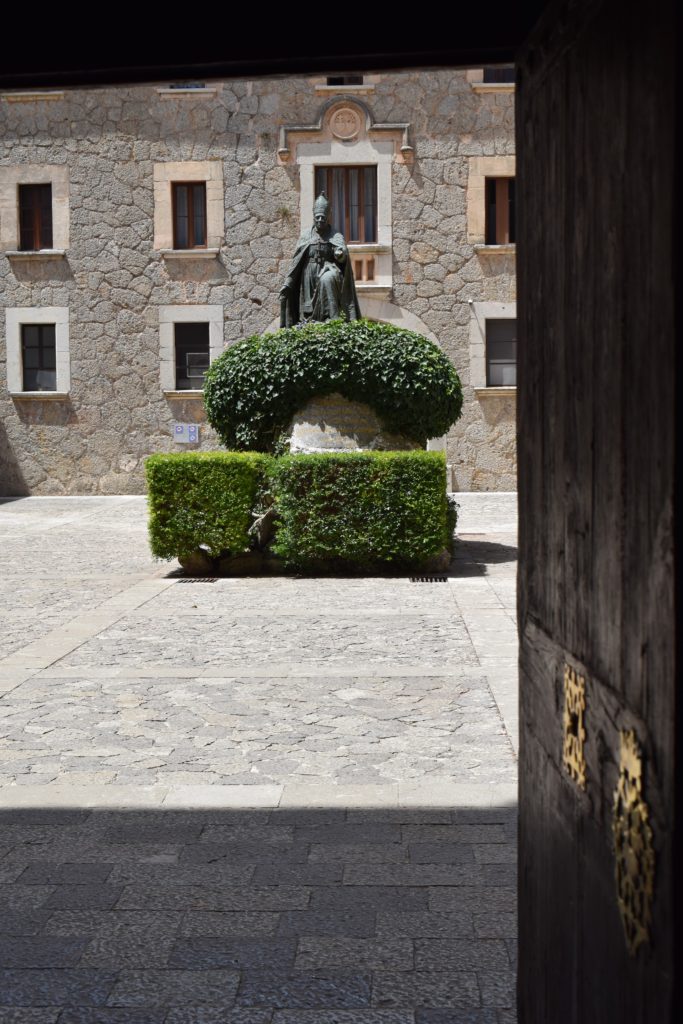
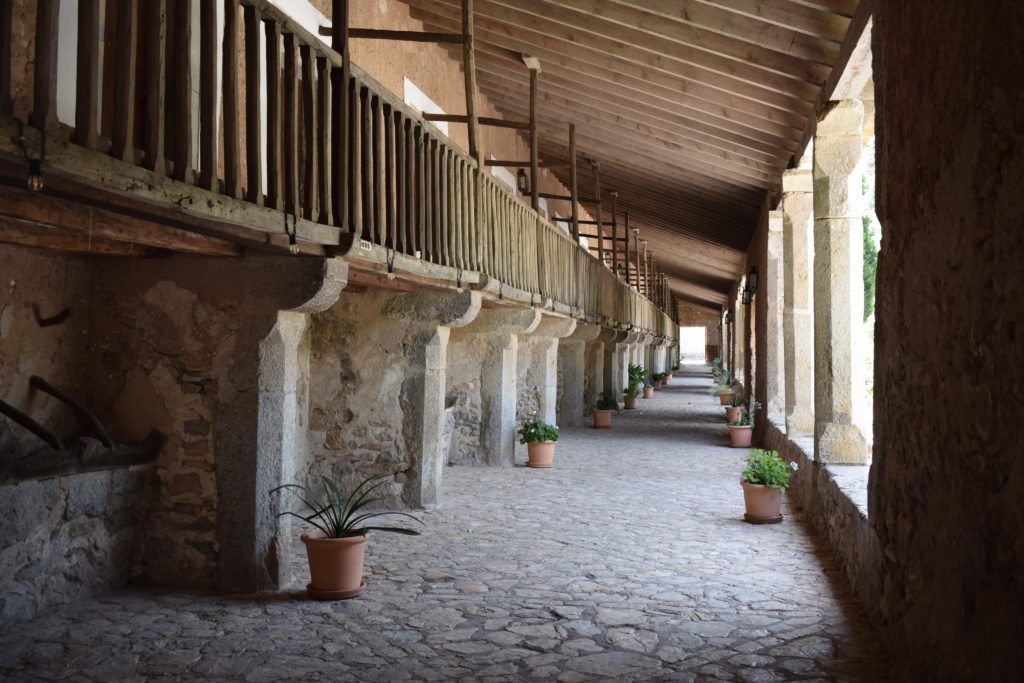
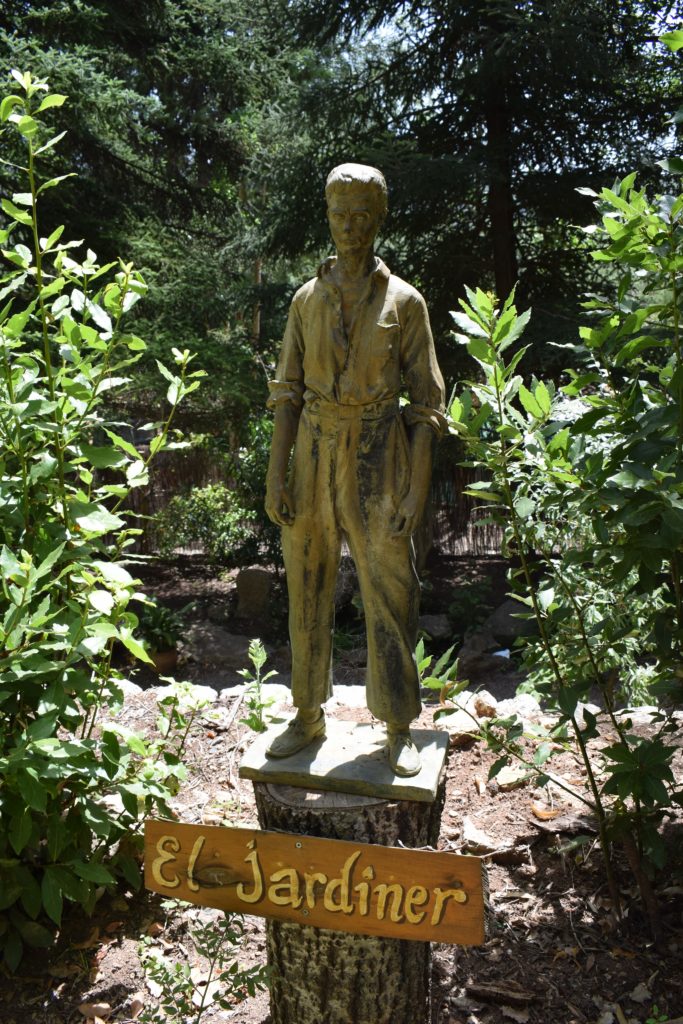
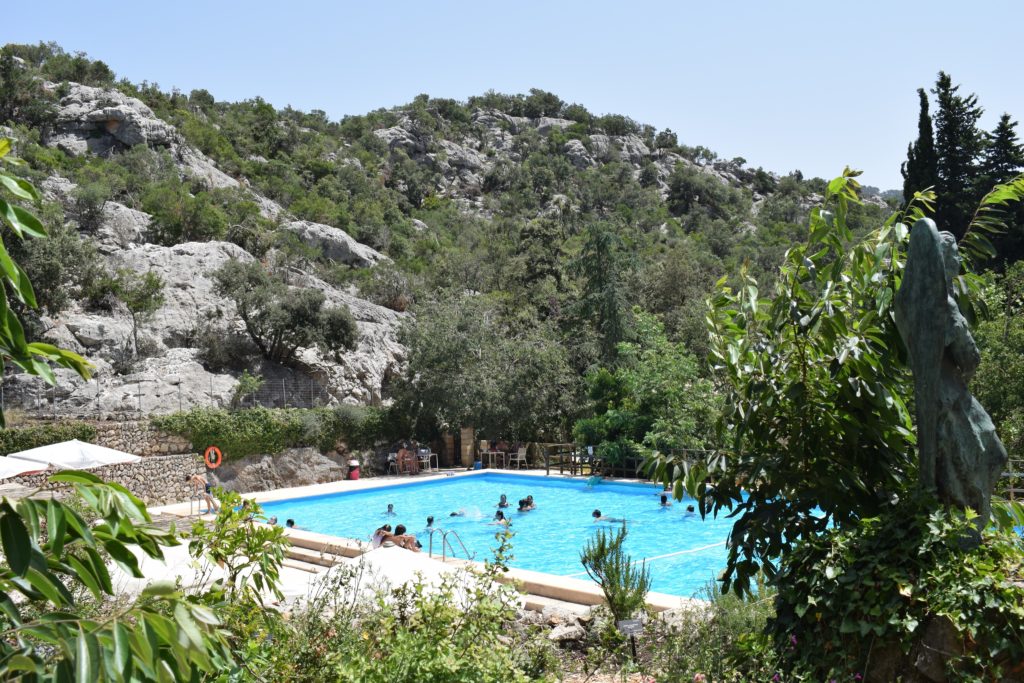
To really escape the heat we visited the very touristy Drach caves, including the largest cave lake in Europe, where you can attend a concert performed on rowing boats.
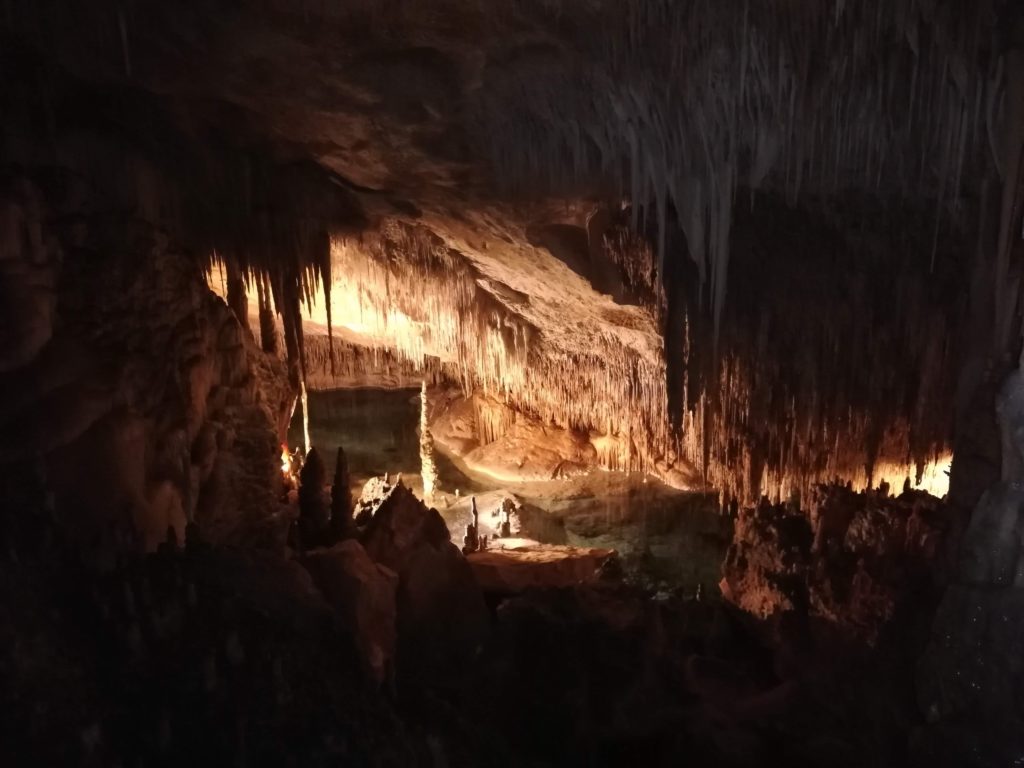
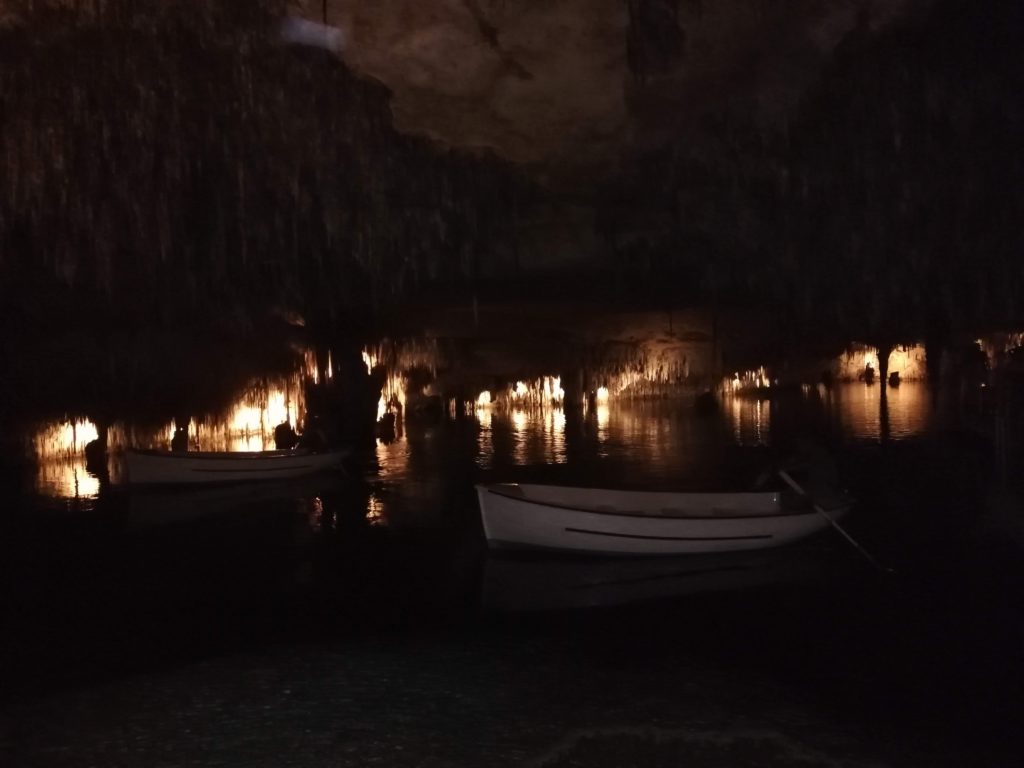
With the temperatures returning to the more normal values around 30C, we proceed the exploration of the northern side of Mallorca, with scattered tiny coves set between tall cliffs. Some do not have space for more than 4 or 5 boats so we learn to master the art of anchoring in close quarters. Luckily, small boats leave in the evening, and we enjoy quiet times in Cala En Basset, Punta Sa Foradada and Cala Tuent.






The only place offering some shelter in the north is Port Sóller, and with an upcoming strong wind we take refuge there for 48 hours before crossing to Menorca. As many people did the same, the ‘dinghy dock’ (the only place you can go ashore and leave your dinghy) was very full and we had to climb over other dingies to reach ours. The surroundings of Soller are beautiful and we hiked through some old olive trees.
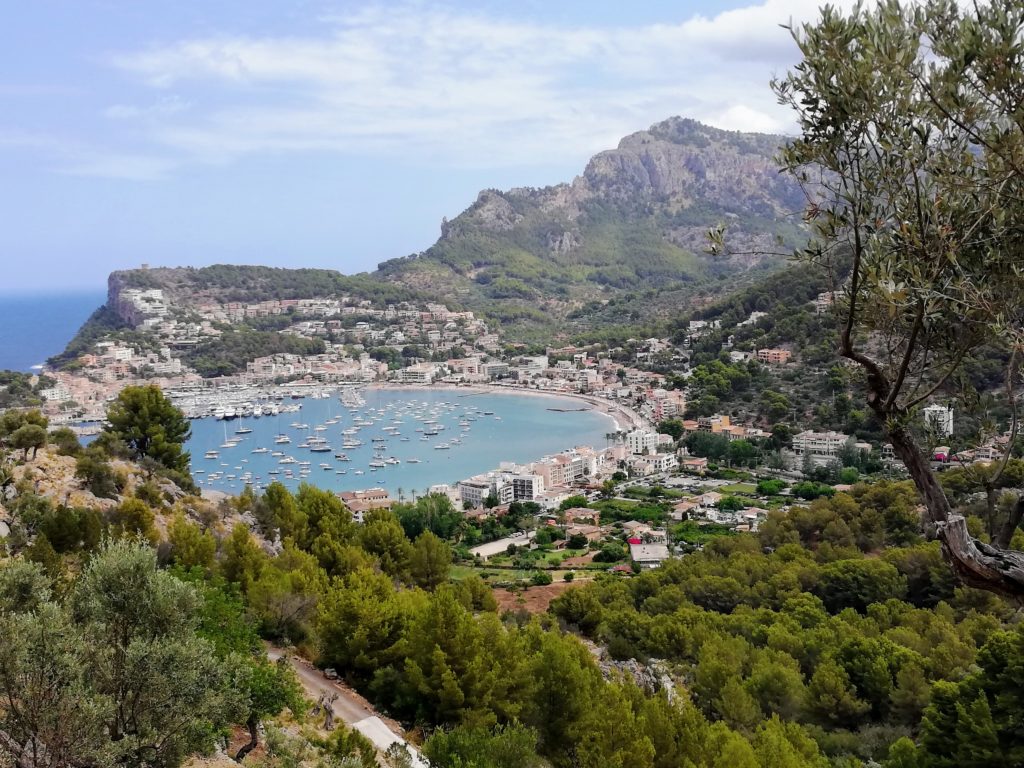
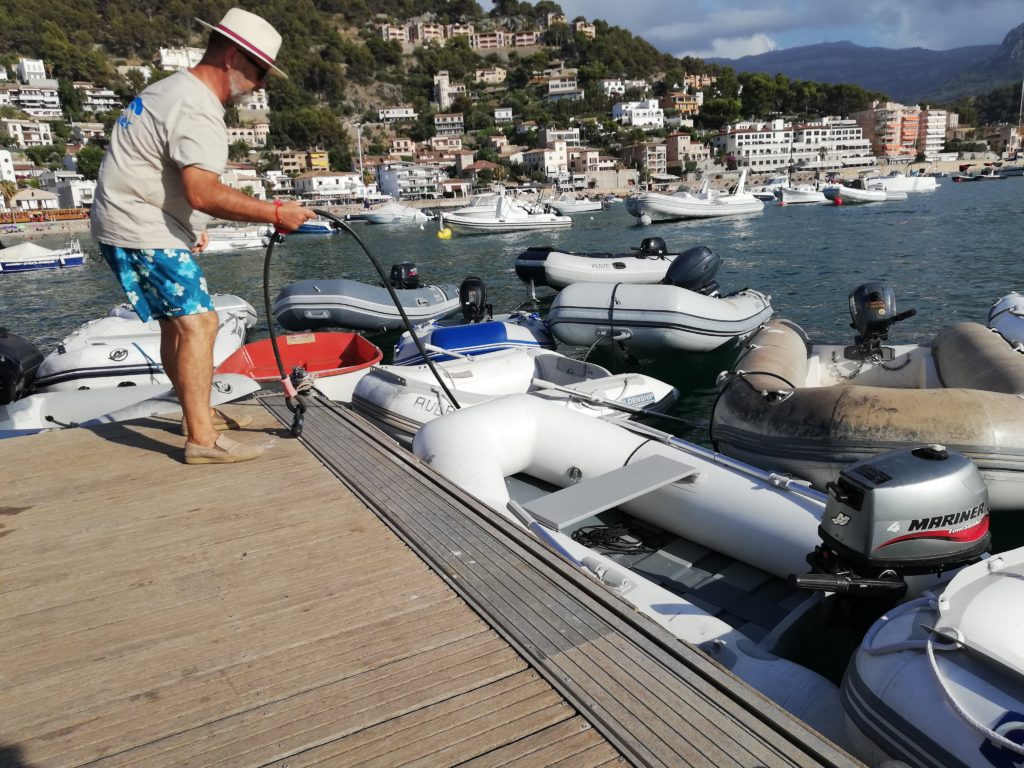
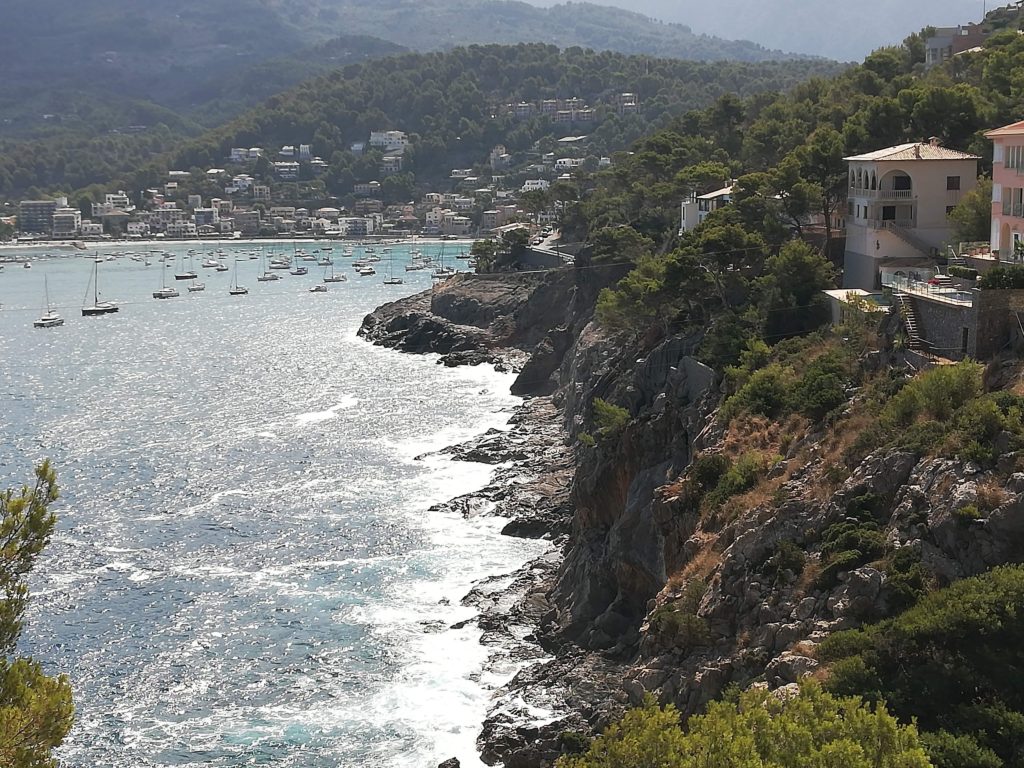
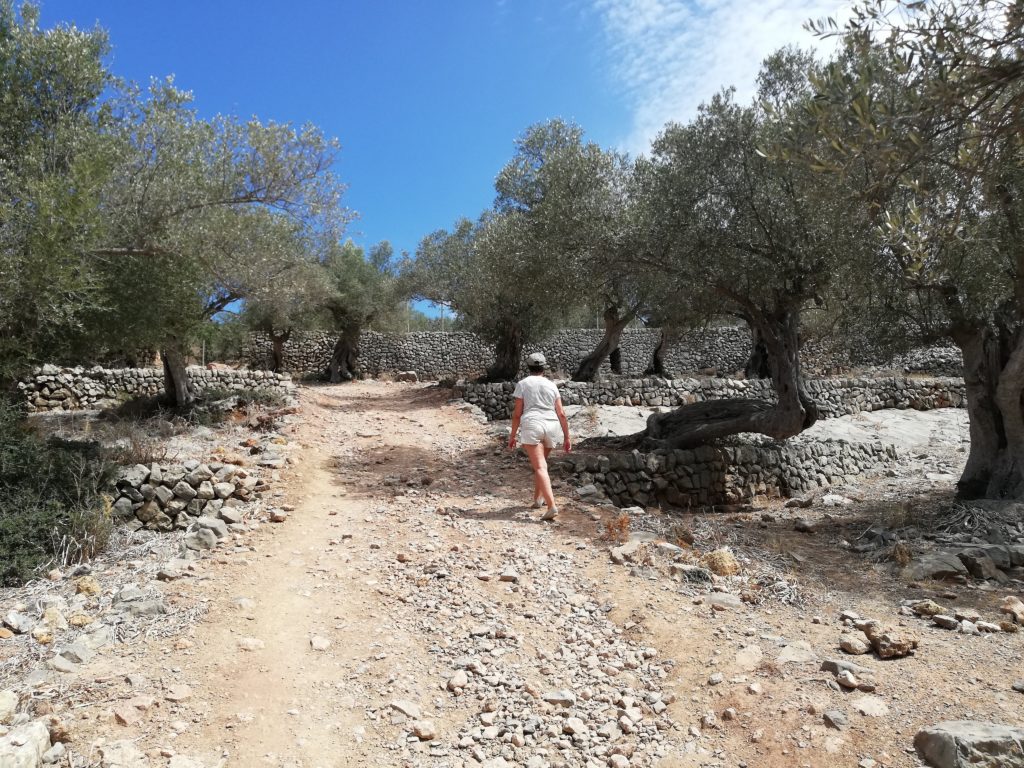
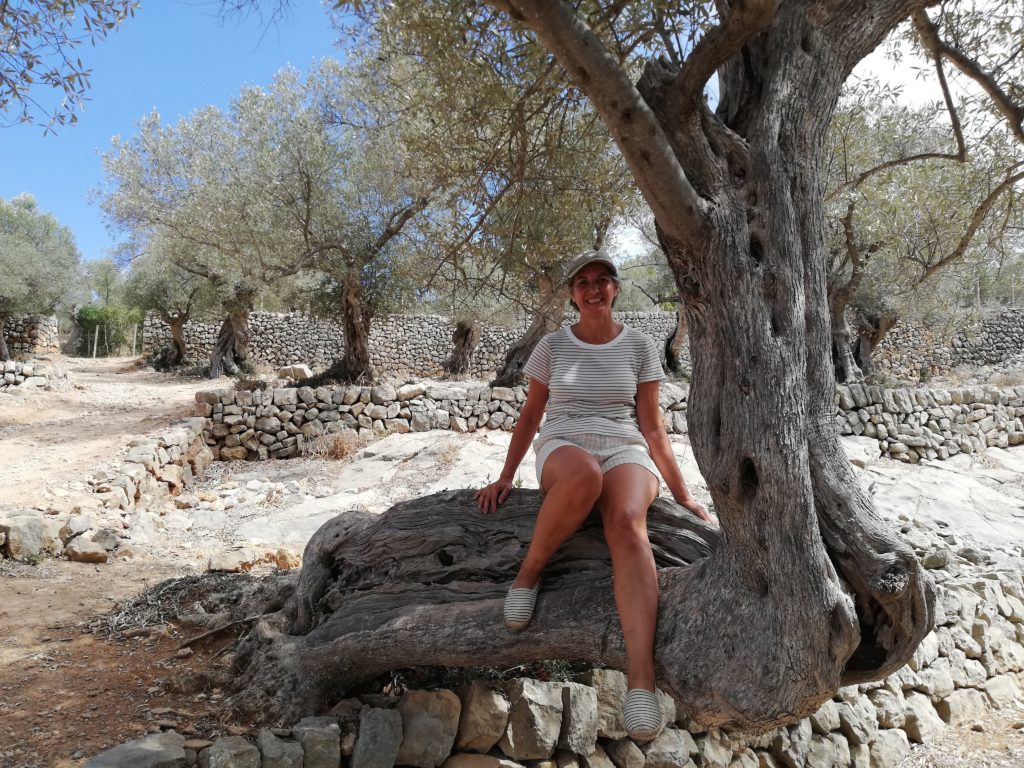
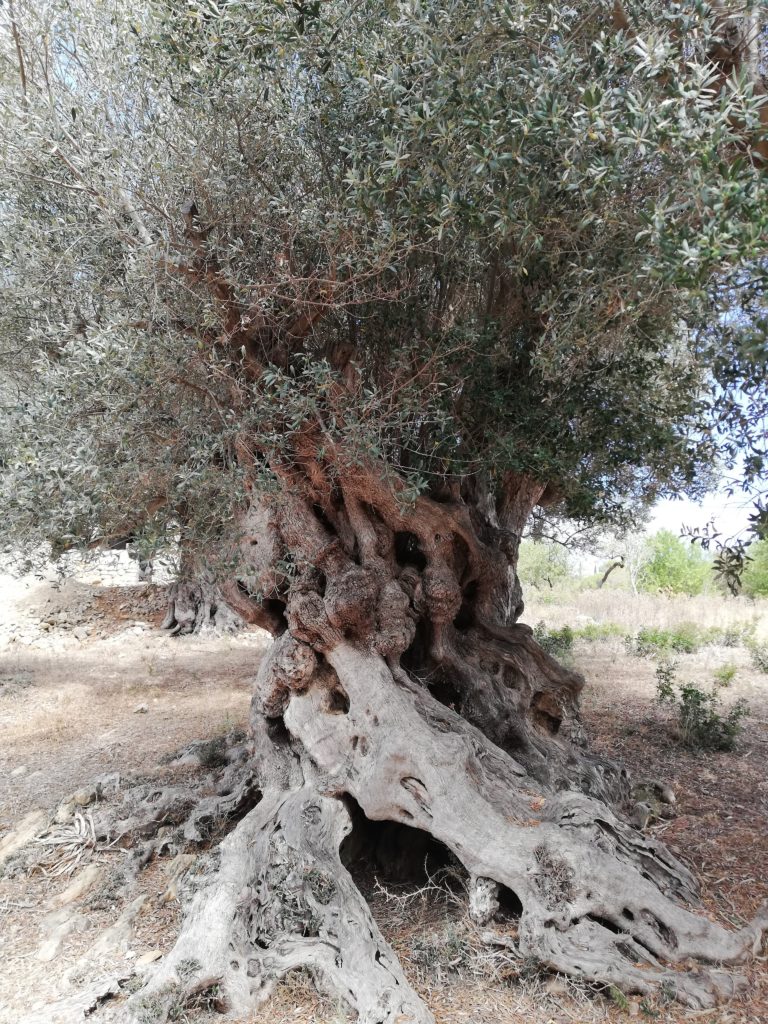
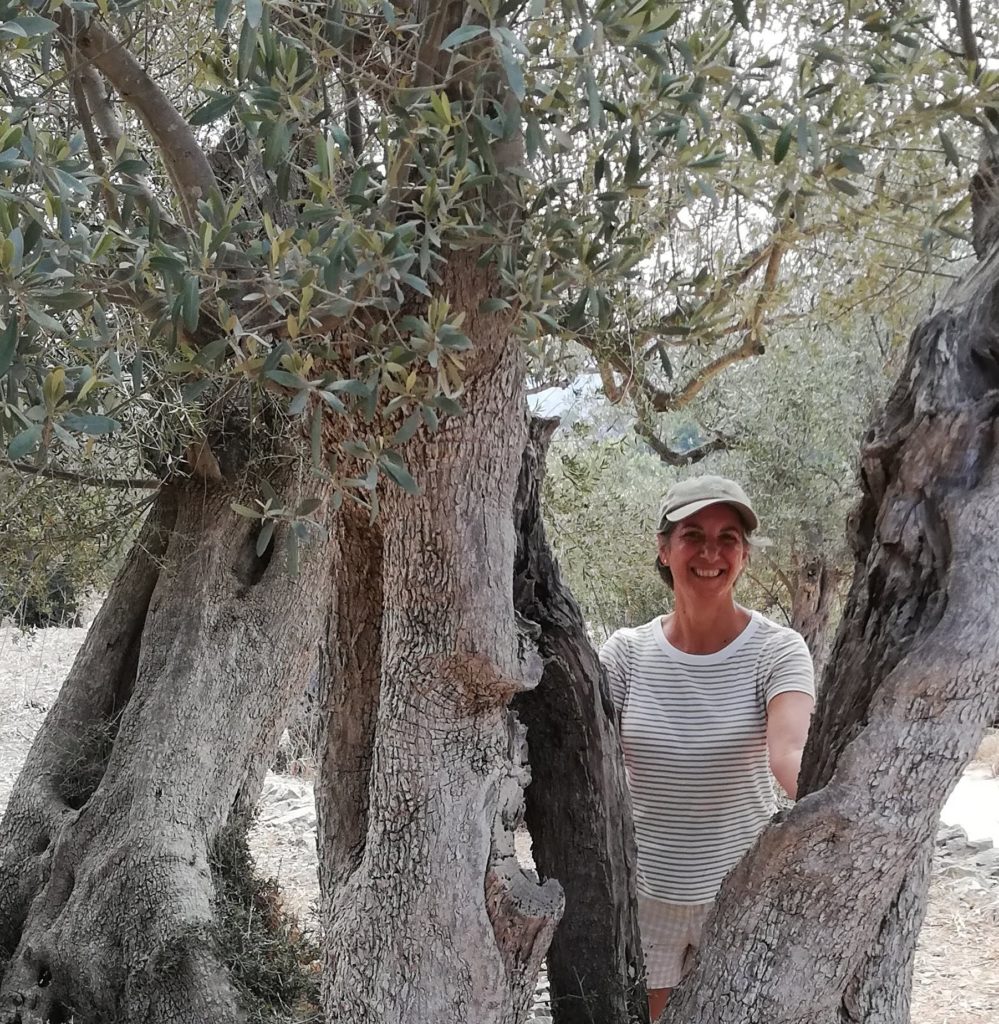
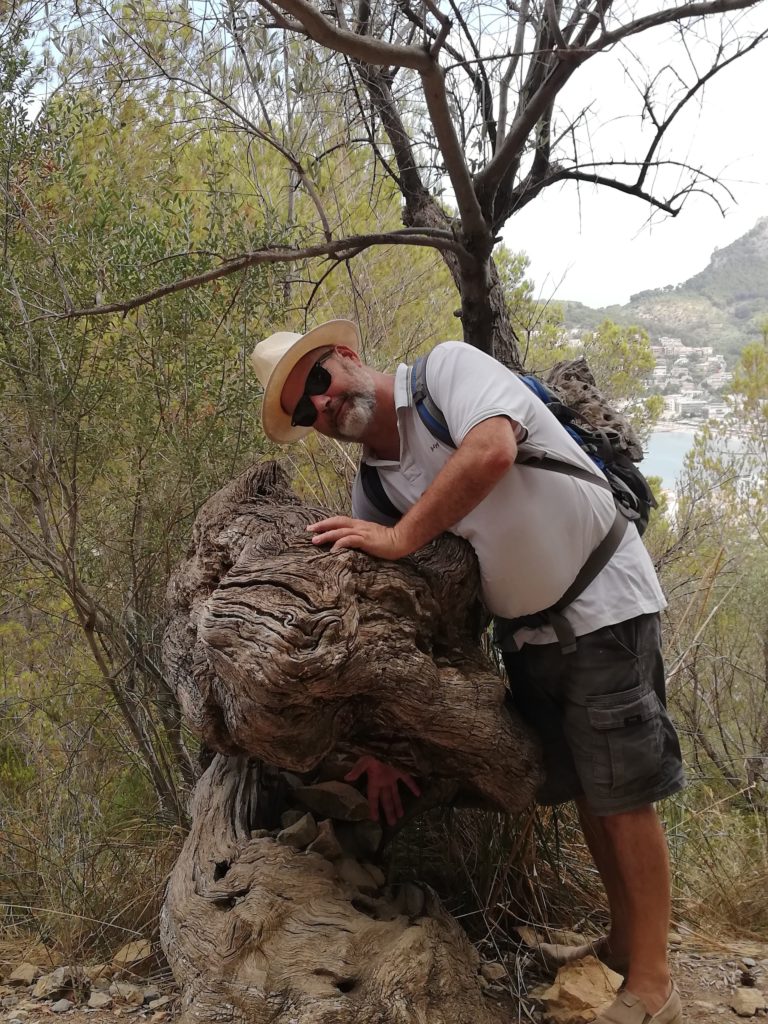
In Menorca we visited La Ciutadella again, strolling around and watching the street art.
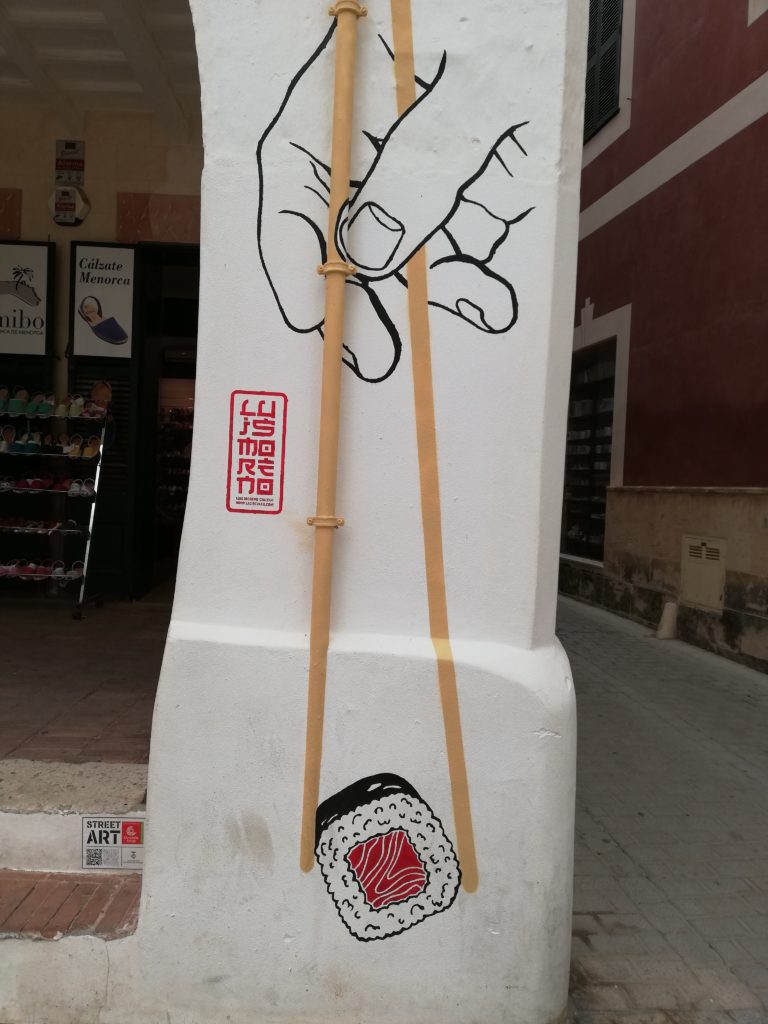
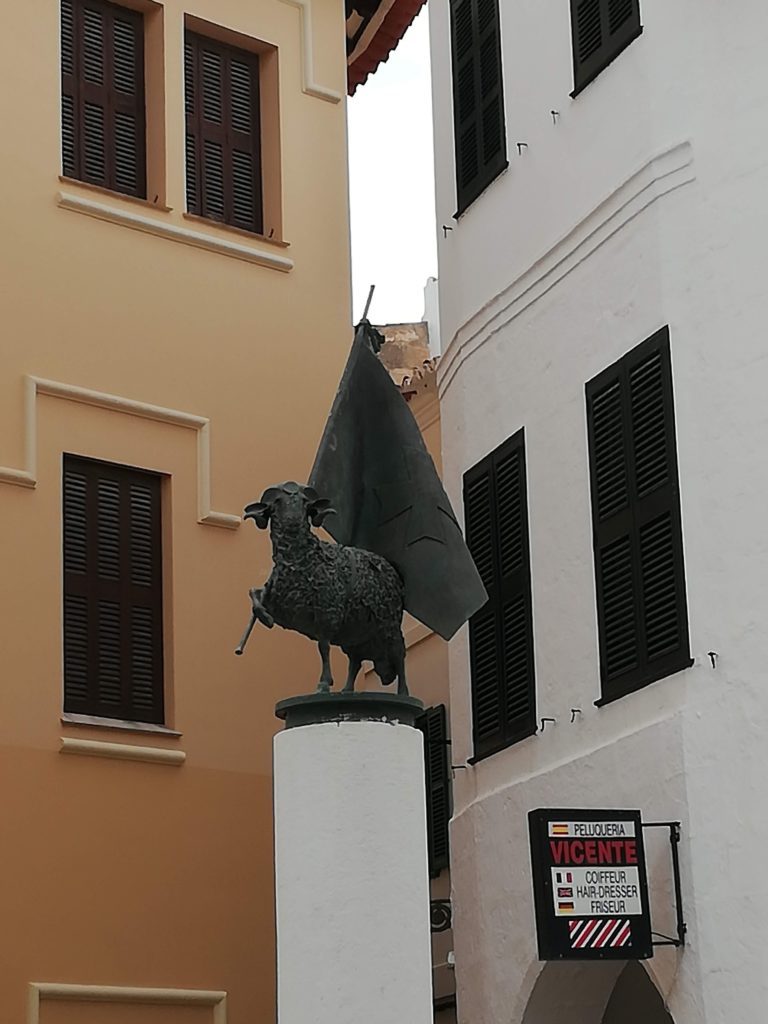
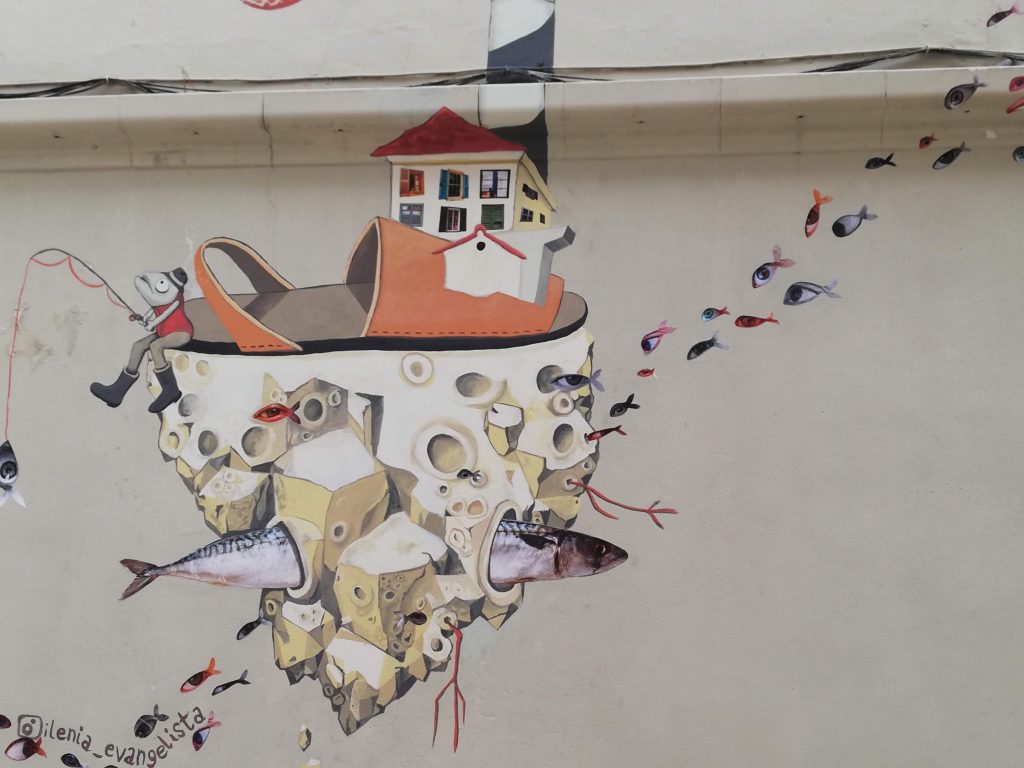
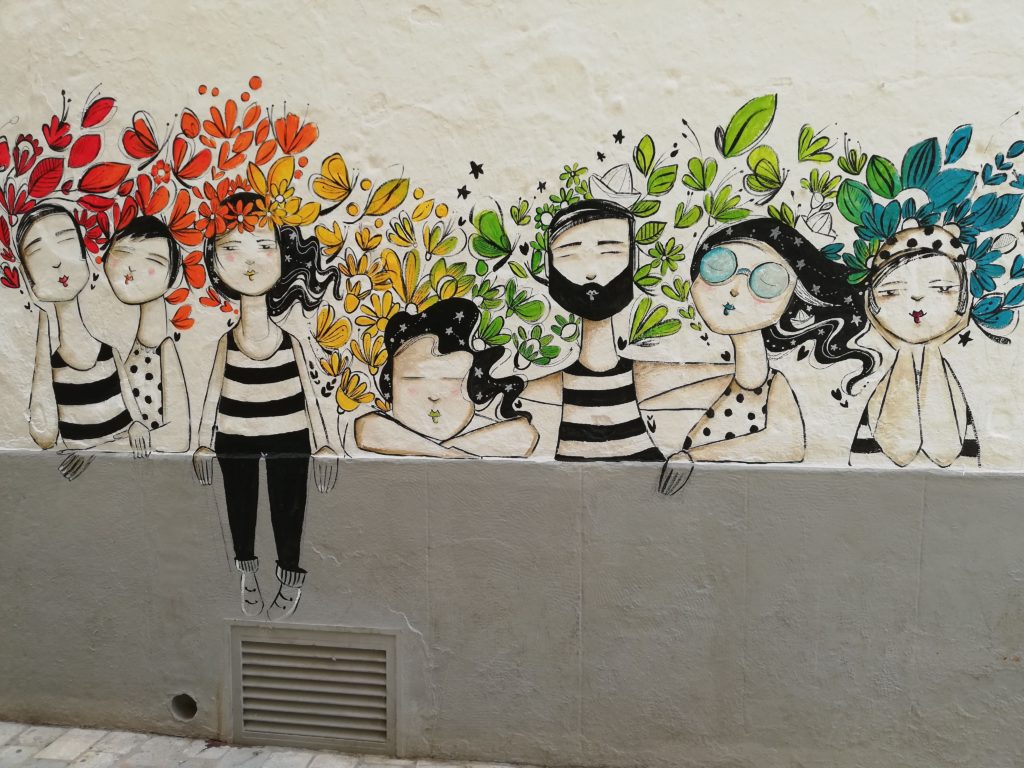
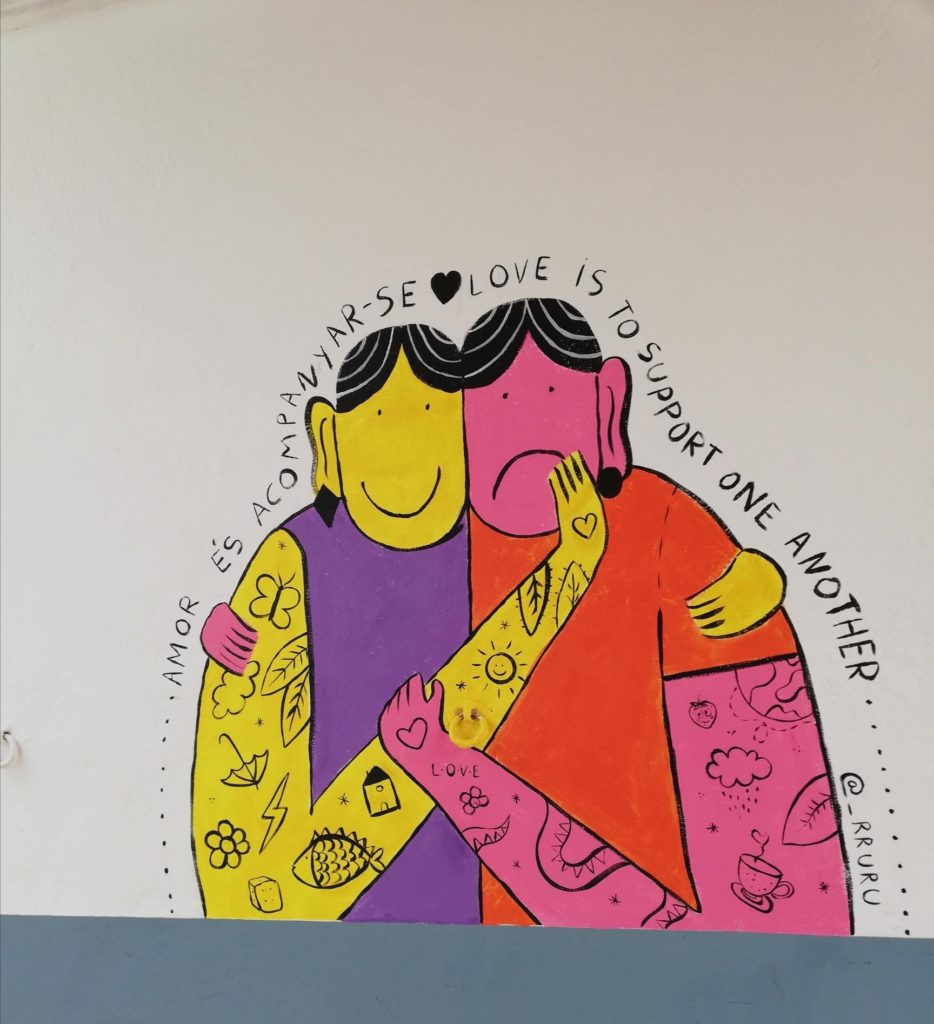
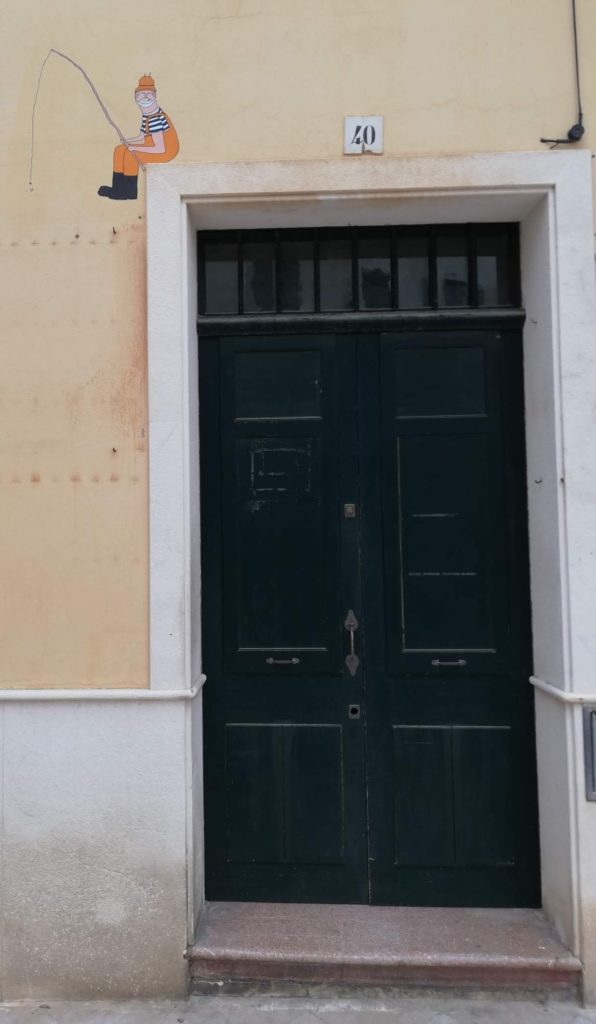
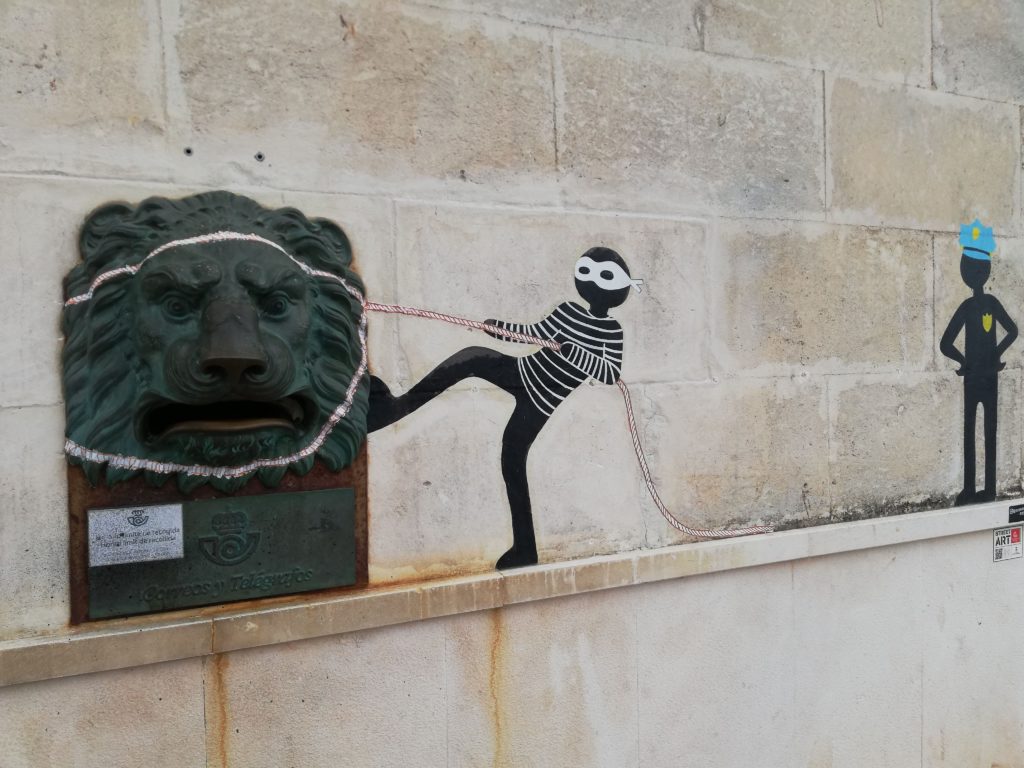
During our last days in Mallorca and first days in Menorca, the talk among the sailors was centered on the feared ‘Tramontana’, predicted for the first week of august. The tramontana is a Northern violent and cold wind blowing from the French mountains into the north Balearic coast; it then curls around the islands making it difficult for boats to find good shelter. The problem in the holiday season is intensified by the amount of boats sailing around and the exhorbitant harbour prices.
Following much debate we decide to move Sunriser from the Southwest to the North of Menorca, to Cala Fornells. Though it may feel counterintuitive to move North to withstand a North wind, Cala Fornells has a narrow entrance to the sea and is very deep, offering good protection to almost all wind directions.
Meanwhile, the whole coast of Menorca is hit by an uncomfortable swell, with increasing waves. Not a good omen of what is to come.
The tramontana blowed for 5 days; for the first time we dragged the anchor and had to move deeper into the cove. Also for the first time we used our whole 100 meters of chain, but Sunriser and her crew behaved well.
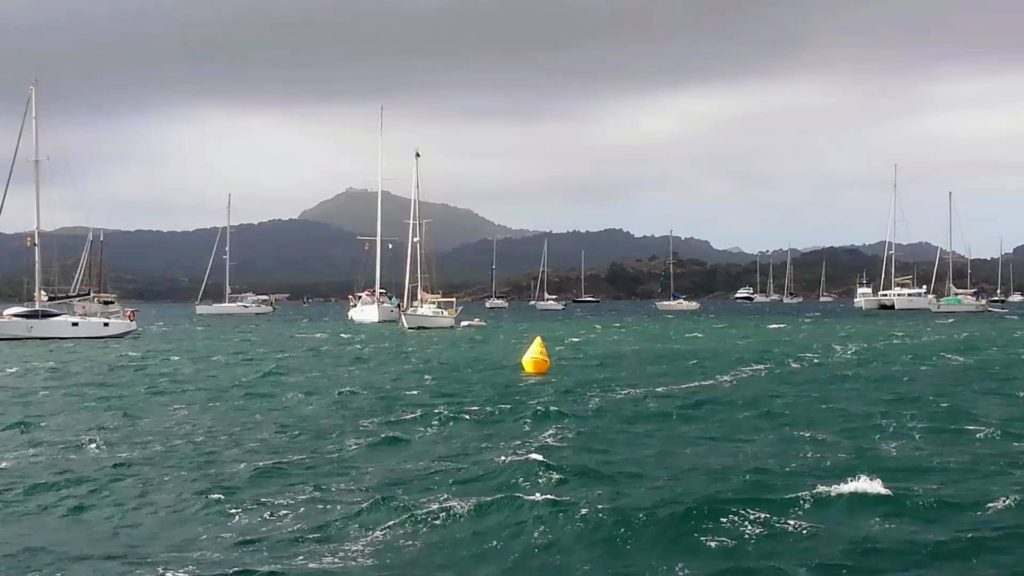
The long hours on board were rewarded with some spectacular shows of windsurfers, kite surfers, foils, wings and various kinds of wind and water fun toys from the part of a nearby sailing school and the relaxed village of Fornells.
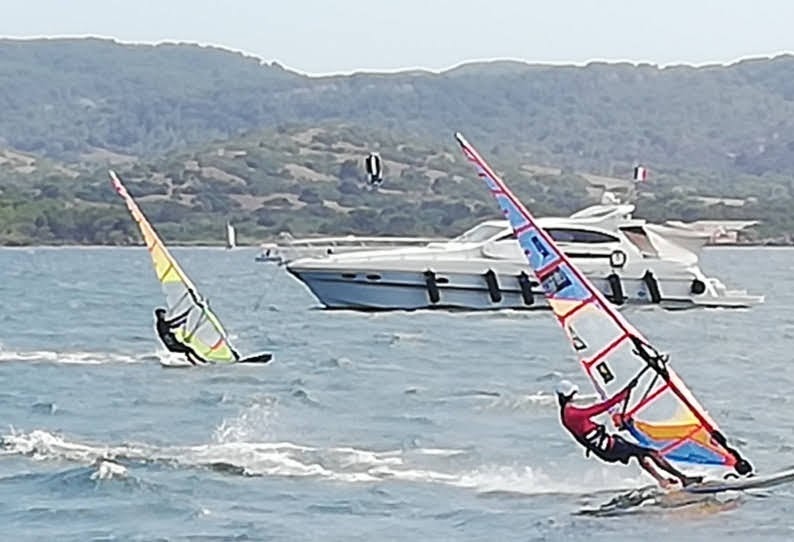
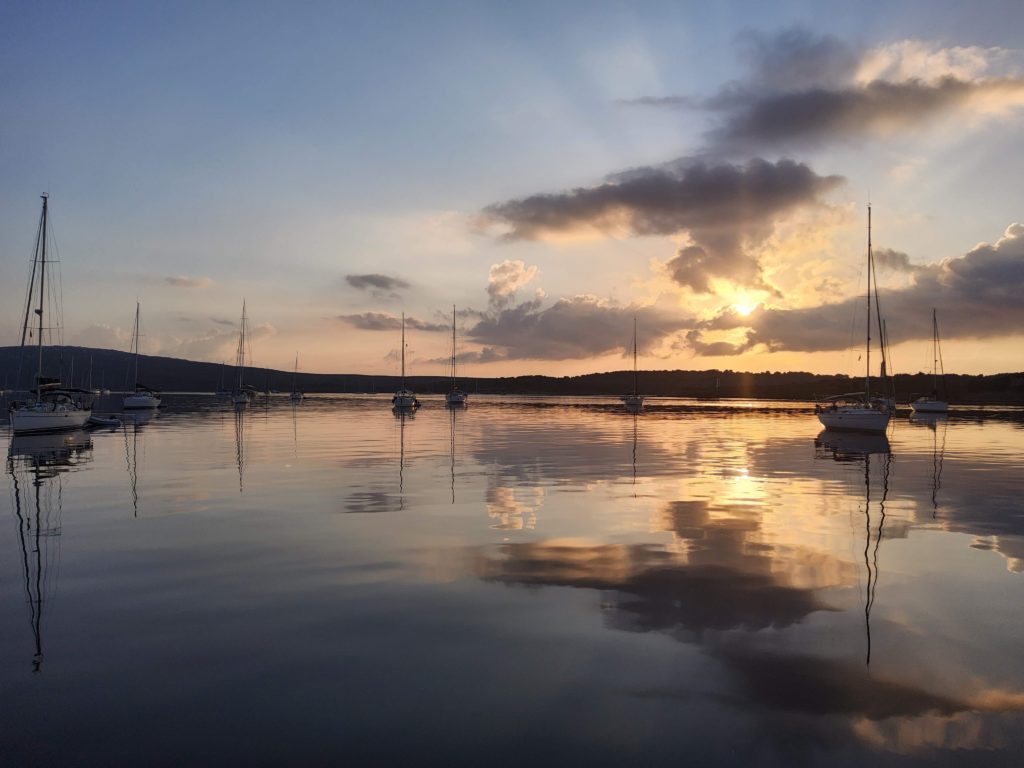
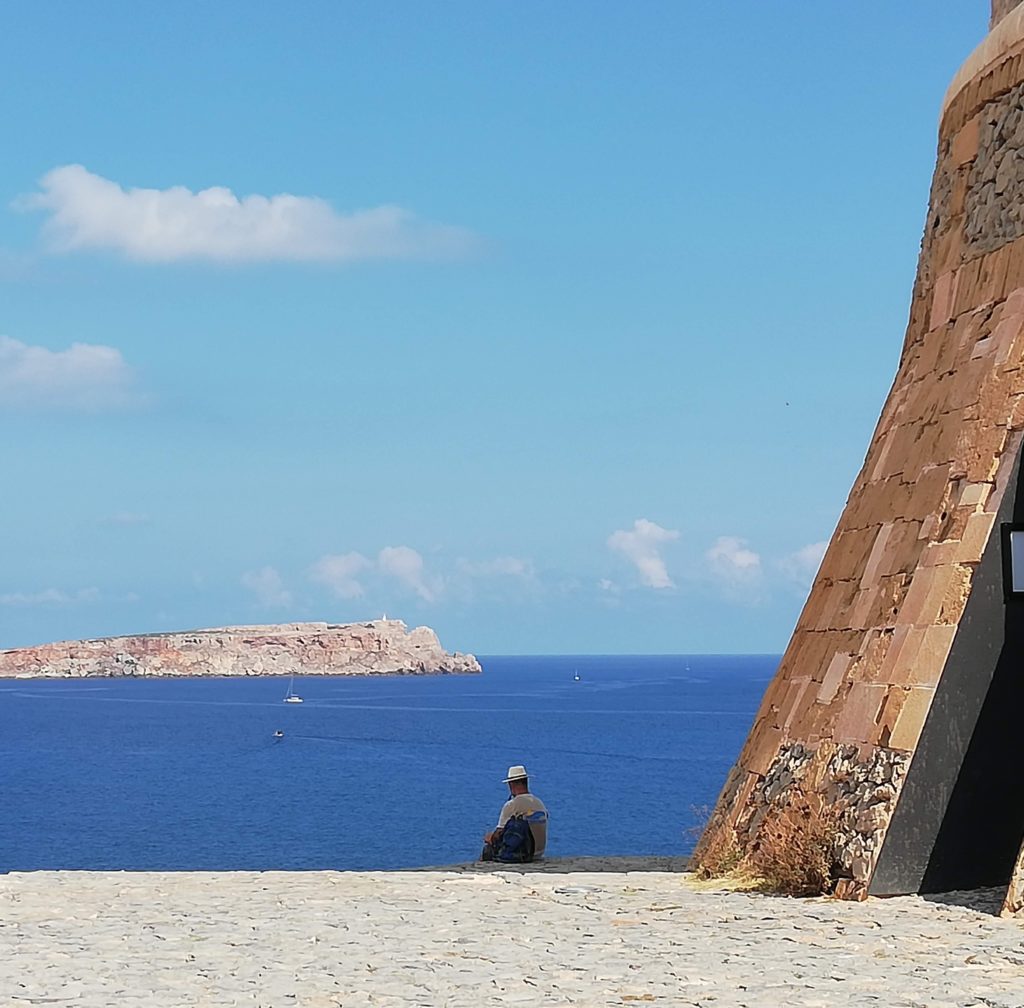
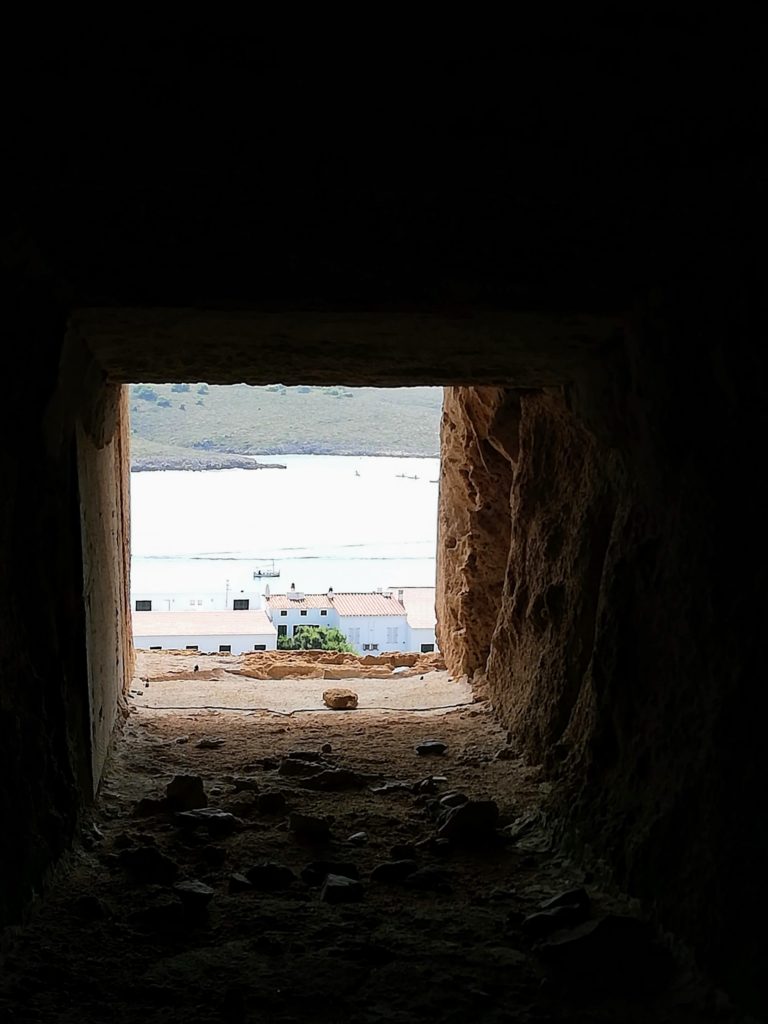
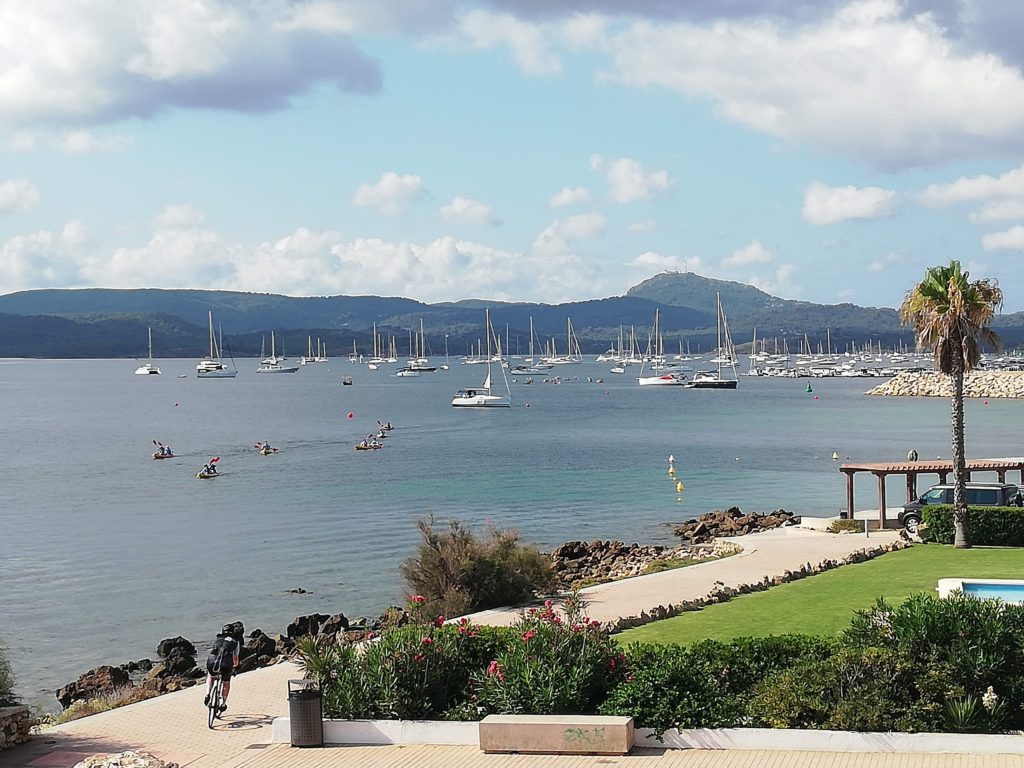
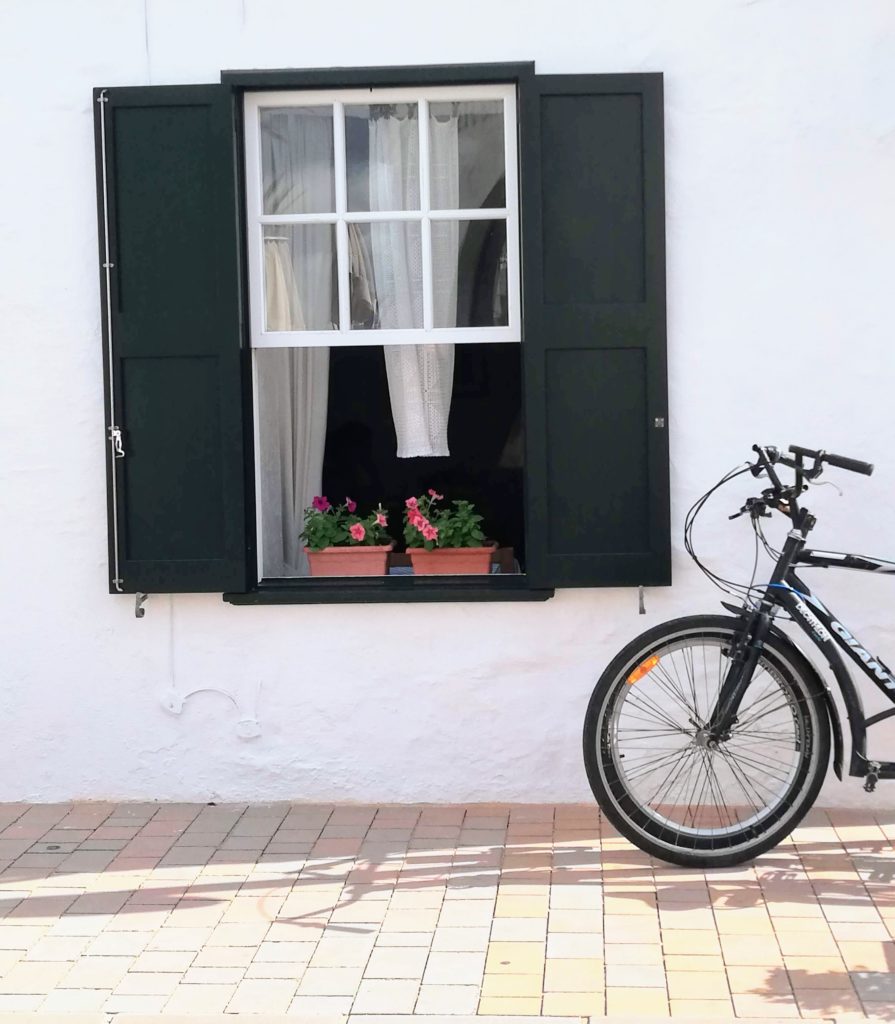
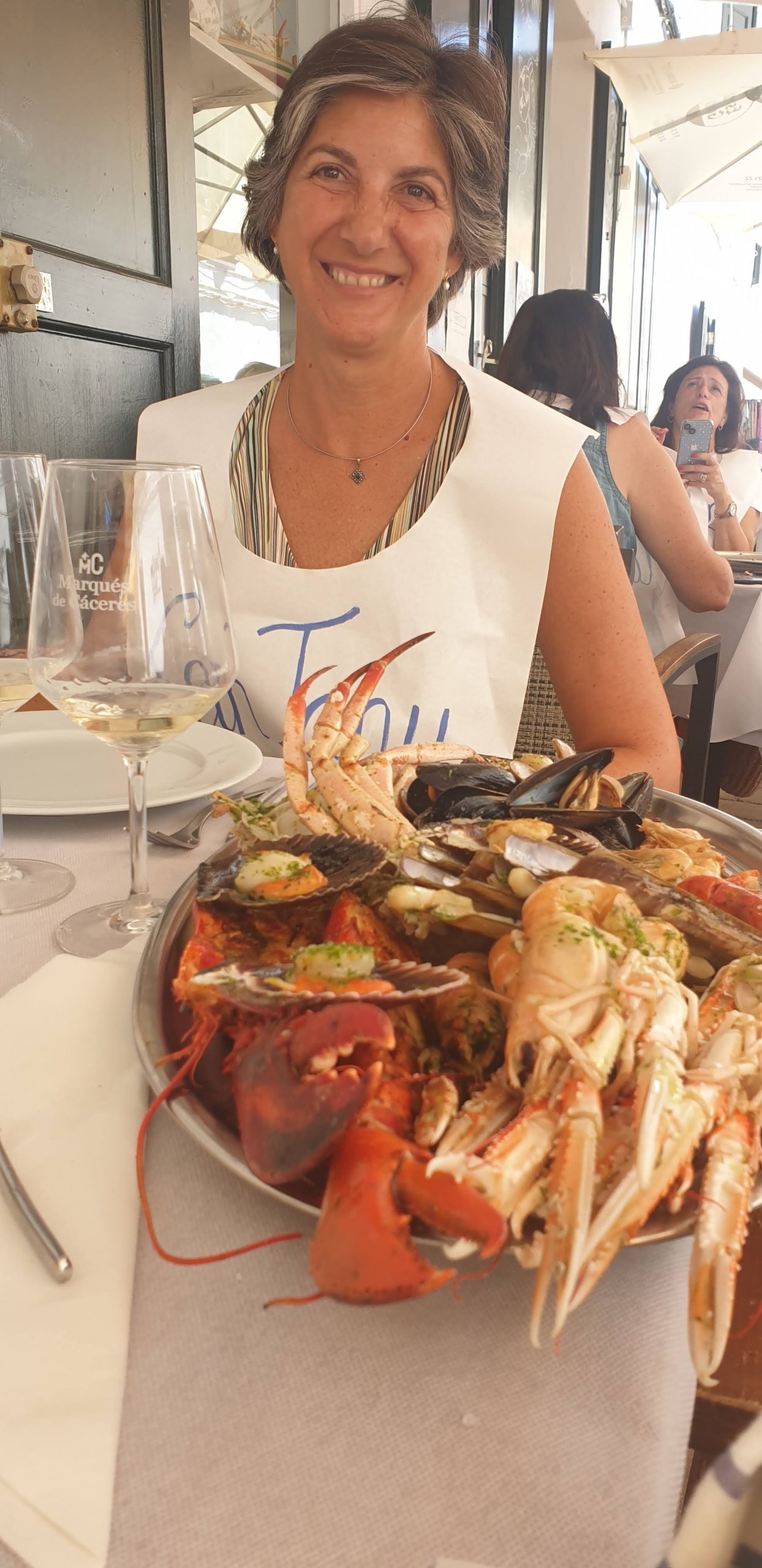
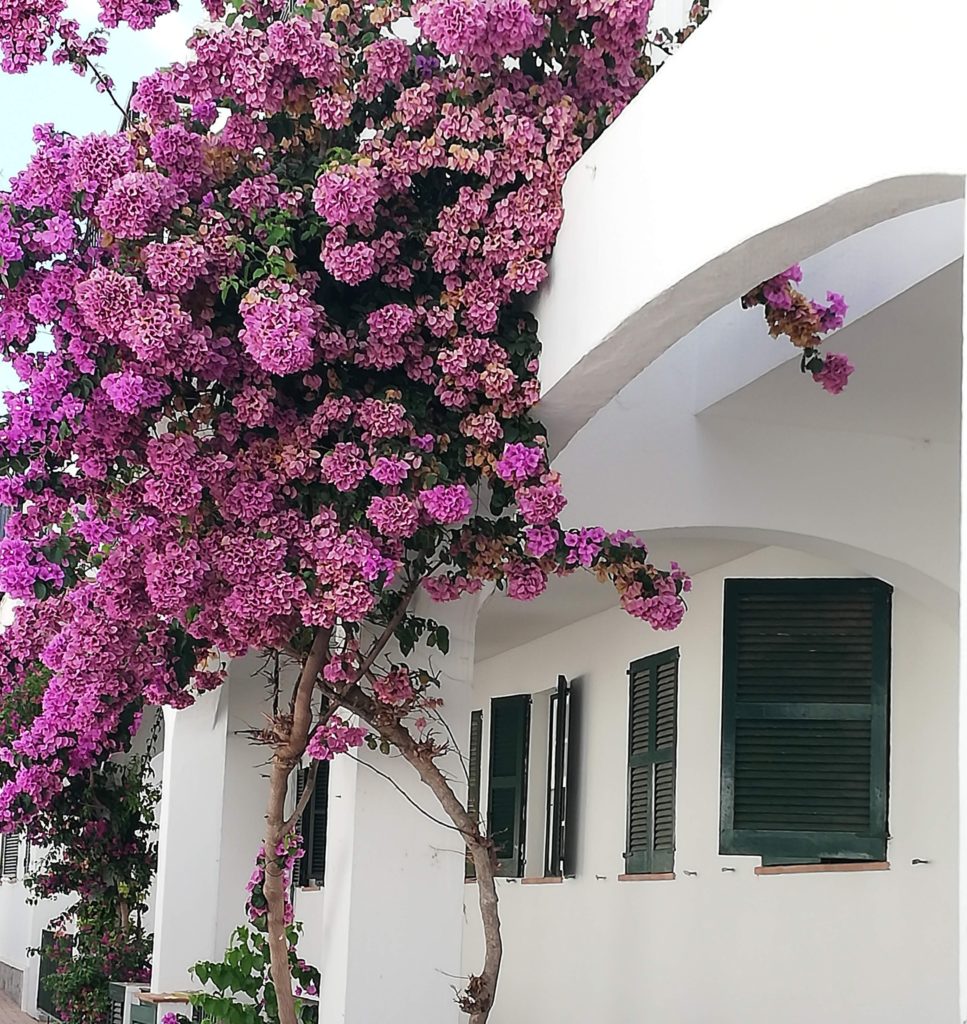
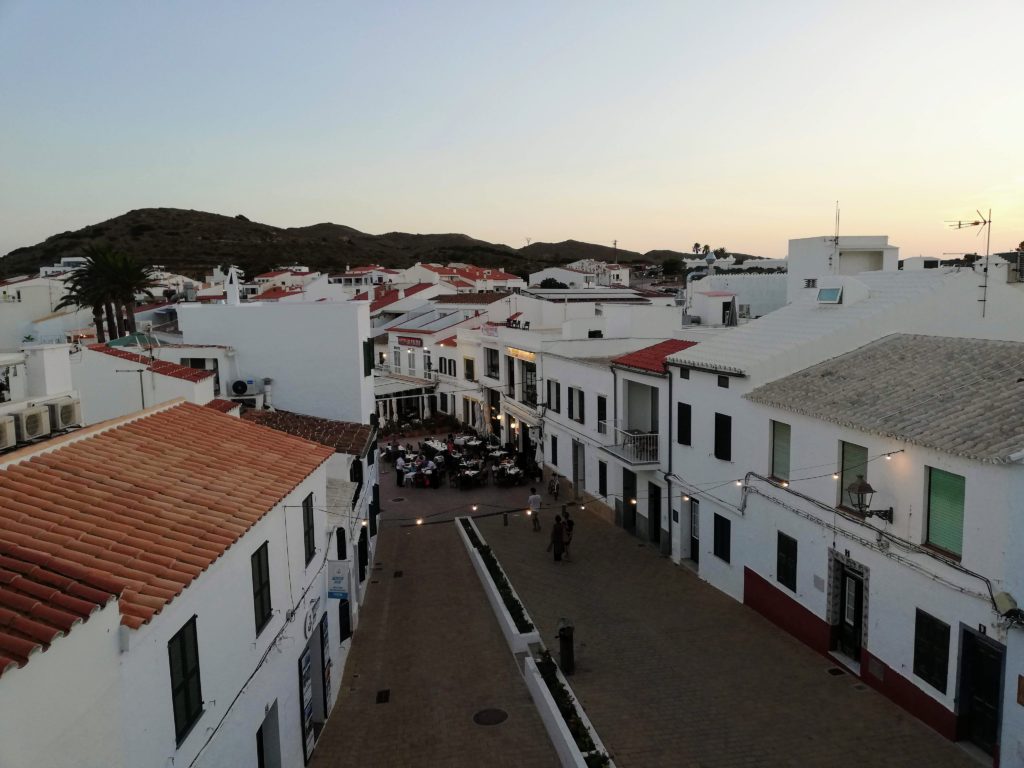
Finally the skies cleared up and the seas calmed down. Sailors popped out their boats and ventured back at sea. Also our friends from Fairwind and Ripples made the crossing to Menorca so in the coming time we will be enjoying new adventures in good company.
Mooi verhaal! We blijven je volgen!
Fijn om te lezen!
Wooow die rijen bij de dinghy dock in Soller!
Mooie ankerplaatsen weer hoor.
Behouden vaart!
Dankjewel, Soller was wel weer leuk.
Wat een prachtige foto’s weer ! Leuk die muurschilderingen – doen niet onder voor Banksy 👍!
Leuk om de Balearen nu eens van de zeezijde te beschouwen. Van het land kijk je meestal over water uit en nu eens een keer omgekeerd. En gelukkig hebben jullie de Tramontana goed overleefd. Het is geen pretje als je die wind over je heen krijgt. Goede voortzetting van jullie reis.
Zolang het anker het houdt gaat het prima.